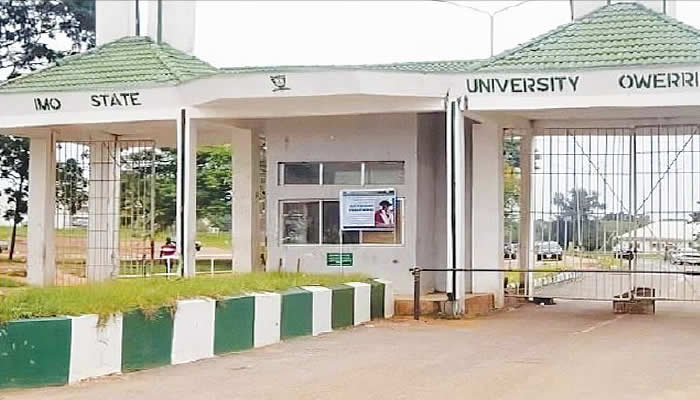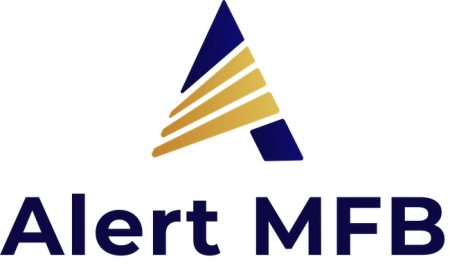The Medical Laboratory Science department at Imo State University (IMSU) is embroiled in a crisis, leaving hundreds of students stranded and unable to practice their chosen profession. The core issue stems from the university’s over-admission of students into the program, exceeding the approved quota set by the Medical Laboratory Council of Nigeria (MLCN). This overpopulation has created a significant backlog of students awaiting indexing with the MLCN, a crucial step for eligibility to take professional qualifying examinations, ultimately leading to induction and licensure. Consequently, affected students are unable to complete their mandatory national youth service or practice as certified medical laboratory scientists.
The situation has left students in a state of limbo, their academic progress disrupted and their careers on hold. While the university’s approved quota for the Medical Laboratory Science program is 120 students per session, the actual numbers have far exceeded this limit. The graduating class of 2023, for example, reportedly had over 350 students, a pattern replicated across other levels. This chronic over-admission has strained the department’s resources and created an untenable situation where students, despite completing their coursework, are unable to progress professionally. Many students have reportedly been waiting for years, some as long as eight, for induction, caught in bureaucratic gridlock between the university and the MLCN.
The implications for the affected students are severe. Without proper indexing and subsequent induction, they cannot legally practice their profession. This not only delays their entry into the workforce and stalls their career progression but also represents a significant loss of investment in their education. Moreover, their inability to participate in the National Youth Service Corps program, a compulsory requirement for Nigerian graduates, further complicates their future prospects and integration into the professional world. The uncertainty surrounding their future has generated considerable anxiety and frustration among the students, who feel their aspirations are being unjustly thwarted.
Students have alleged that over 1,000 of them have each paid more than ₦145,000 in fees, yet their situation remains unresolved. The most recent information suggests that the 2023 graduating class might not be inducted until 2027, a prospect that adds to the growing frustration and despair. In an attempt to address the problem, students proposed a series of solutions, including a temporary halt to new admissions to clear the backlog, and conducting council examinations in smaller batches with intervals between the first and second professional exams. However, these suggestions have reportedly been rejected by the university.
The university administration, while acknowledging the problem, attributes the backlog to persistent pressure from Imo State residents seeking admission for their children into the Medical Laboratory Science program. IMSU spokesperson, Dr. Ralph Njoku, stated that the Vice-Chancellor, along with the Dean of the Science Faculty and the Head of the Medical Laboratory Science Department, have met with MLCN authorities to discuss the backlog and seek a resolution. The MLCN Secretary reportedly promised to address the issue, and the university is currently awaiting their response. Dr. Njoku emphasized that the university is actively working on the problem and urged students to exercise patience. He cited a similar past issue with medical students, which was eventually resolved, as a basis for optimism.
However, the students’ concerns remain palpable. The protracted delay in resolving the indexing issue has created a sense of distrust and frustration among the affected students, who believe the university has not adequately addressed their concerns. The students feel their academic progress and professional futures are being jeopardized by the university’s failure to manage admissions effectively and maintain compliance with MLCN regulations. While the university assures them of ongoing efforts to resolve the issue, the lack of a clear timeline and the prolonged uncertainty continue to fuel their anxiety and frustration. The situation underscores the urgent need for a decisive solution to ensure these students can finally embark on their chosen careers.














